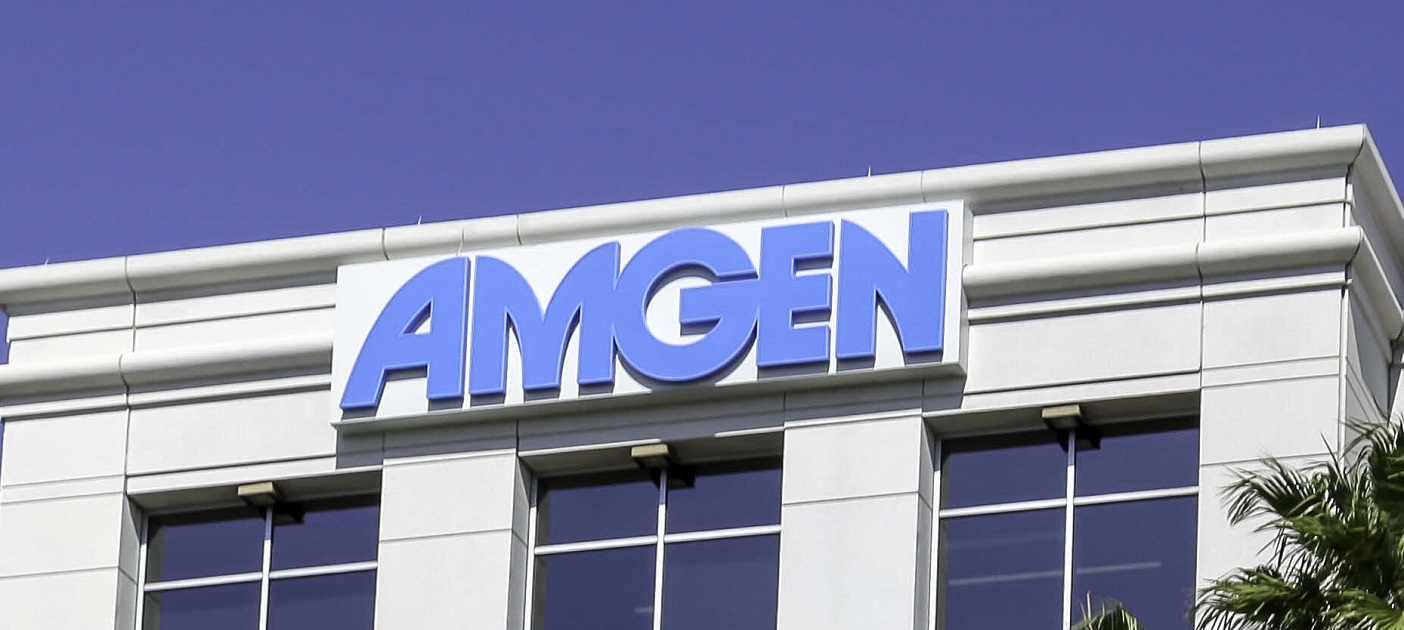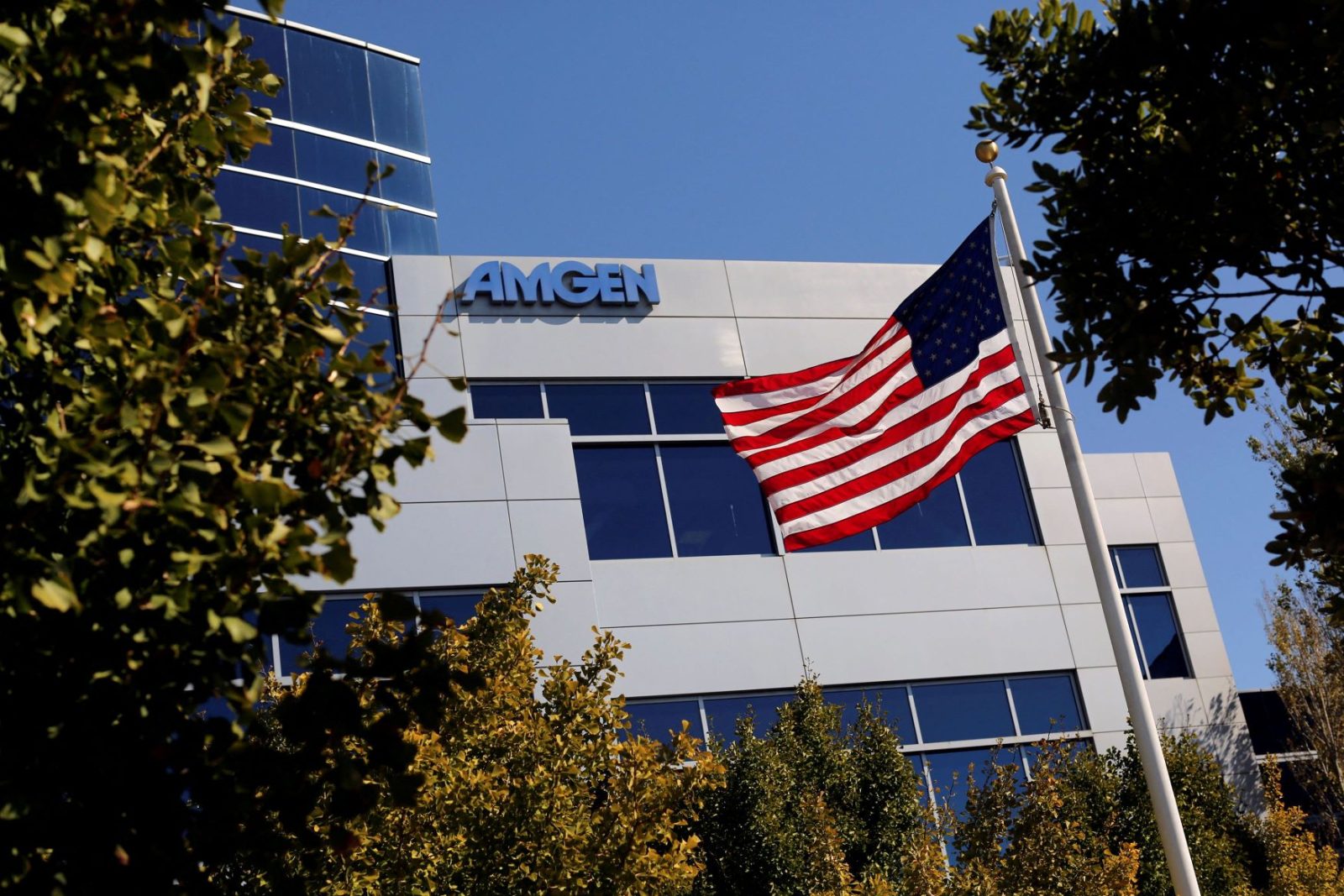Amgen announced on Thursday its decision to discontinue the development of its experimental weight loss pill, opting instead to advance its injectable drug and other obesity-related products in development.
Amgen, competing in the lucrative weight loss drug market, dominated by Novo Nordisk and Eli Lilly, sees promising opportunities beyond its oral weight loss drug.
Jay Bradner, Amgen’s chief scientific officer, explained during an earnings call that they are redirecting investments towards MariTide and other preclinical assets for obesity treatment.
MariTide, an injectable obesity treatment currently undergoing a midstage trial, has shown promising results in obese or overweight adults without diabetes. Amgen plans to initiate a late-stage trial for this treatment and explore its potential in diabetes treatment as well.

Following the announcement, Amgen’s shares surged over 10% in extended trading on Thursday, indicating investor confidence in the company’s strategic shift.
Apart from MariTide, Amgen has other weight management drugs in its pipeline. This move comes after the discontinuation of its oral drug, AMG-786, the second weight loss pill to be abandoned in the past year, following Pfizer’s decision to scrap its obesity pill, danuglipron.
Amgen aims to differentiate itself in the competitive weight loss drug marketwith its unique approach. Its experimental injection targets a gut hormone receptor called GLP-1, similar to existing drugs like Wegovy and Zepbound, but with a distinct mechanism.
Unlike its counterparts, Amgen’s drug blocks a second hormone receptor called GIP, potentially offering novel therapeutic benefits.

Clinical trial data suggests that Amgen’s injectable treatment not only aids in weight loss but also helps patients maintain weight reduction post-treatment. Additionally, the drug’s dosing frequency, once a month or less, offers added convenience compared to existing weekly medications.
Notably, in a phase one trial, patients administered the highest dose of MariTide lost an average of 14.5% of their body weight in just 12 weeks, as reported in the journal Nature Metabolism.
Amgen also reported robust first-quarter financial results, surpassing Wall Street’s expectations, driven in part by products from the recently acquired Horizon Therapeutics.
The company’s revenue stood at $7.45 billion, up 22% from the same period last year, with notable contributions from products like Tepezza, a treatment for thyroid eye disease.
Furthermore, Amgen slightly raised its full-year guidance, projecting revenue of $32.5 billion to $33.8 billion and adjusted profit of $19 to $20.20 per share. This optimistic outlook reflects the company’s confidence in its product portfolio and strategic direction.







Leave a Reply